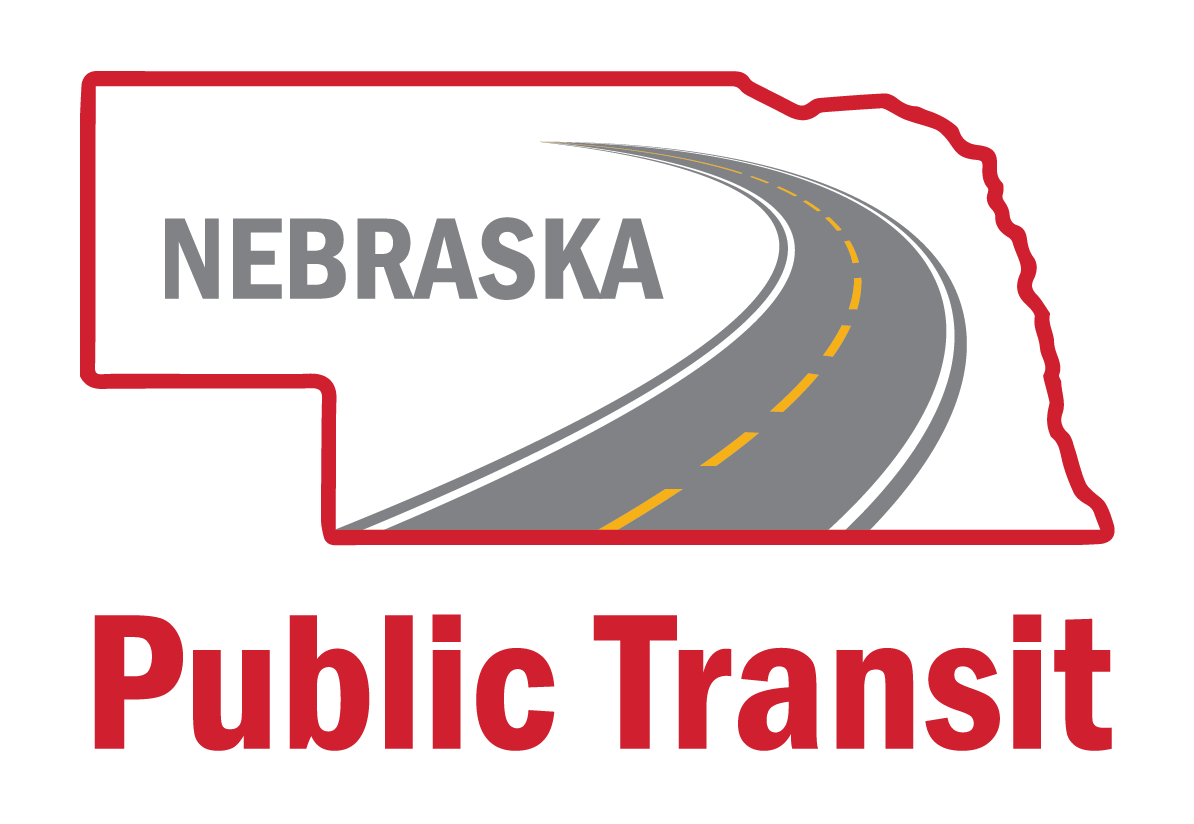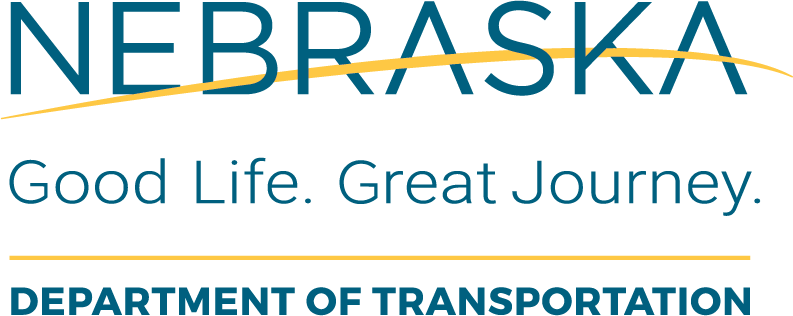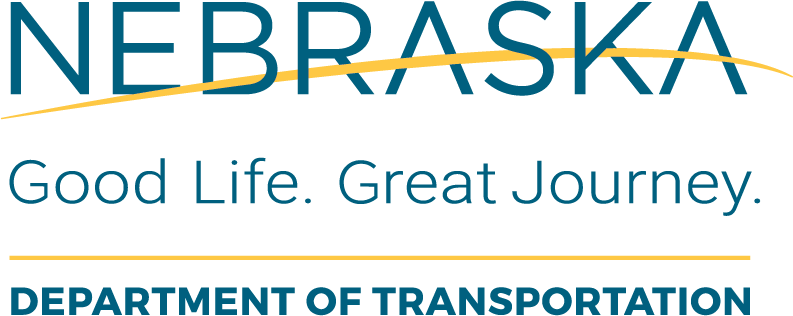ABOUT
Nebraska Public Transit is a lifeline for rural communities, providing access to healthcare, education, employment, and more. Our services enhance quality of life statewide, fostering economic growth, social inclusion, and community well-being. Each dollar invested generates about four dollars in economic returns, highlighting our crucial role in Nebraska's prosperity.
Nationwide, over 1,400 transit agencies and tribes provide vital services in rural areas, amounting to 130 million trips and 500 million miles annually. In Nebraska, riders can schedule trips just hours in advance, offering convenience and flexibility. This service promotes independence, reducing the need for assistance from friends or neighbors. Friendly drivers build community relationships, and our buses are always ready, making the experience as convenient as driving oneself. Our public transit system is essential for meeting daily needs effectively.
Nebraska Public Transit is a program administered by the Nebraska Department of Transportation (NDOT). NDOT’s Local Assistance Division is responsible for coordinating public transportation activities in Nebraska’s 93 counties and provides technical assistance as requested. NDOT receives money from the Federal Transit Administration and state transportation funds to fulfill requirements set forth by Nebraska Revised Statute 13-1204.
Over a decade ago, NDOT partnered with the Nebraska Safety Center at the University of Nebraska at Kearney and the Center for Public Affairs Research at the University of Nebraska at Omaha to develop a safer, more efficient, and reliable public transportation system. This project addresses the unique mobility challenges faced by rural residents, who rely on public transportation for access to social and economic resources.
The Nebraska Public Transit program provides numerous benefits to both the citizens and the state.
Benefits for Riders
- Enhanced Mobility: Reliable public transit connects residents to healthcare, education, and jobs, benefiting seniors, individuals with disabilities, and those without private vehicles.
- Economic Opportunities: Improve job access and support for local economies by bringing customers and employees to rural businesses, driving growth.
- Cost-Effective Travel: Reduce costs of owning a vehicle, offering an affordable travel alternative, especially for long distances.
- Improved Quality of Life: Enhance community connections, reducing isolation, and enriching well-being by providing access to social, recreational, and cultural activities.
Benefits for Nebraska
- Economic Growth: Enhancing connectivity, public transit can increase rural economic development with reliable transportation options which attracts businesses and tourists, fueling local economies.
- Infrastructure Development: Spurs investment in transportation infrastructure, improving roads and transit facilities. It supports balanced regional development and planning efforts.
- Social Equity: Ensures transportation access and addresses disparities while promoting social inclusion.
CONTACT US
MANAGEMENT
| NAME | TITLE | PHONE | |
|---|---|---|---|
| Jodi Gibson | Highway Local Assistance Division Manager | 402-479-4337 | jodi.gibson@nebraska.gov |
| Sarah Soula | Transit Manager | 402-479-4871 | sarah.soula@nebraska.gov |
FINANCIAL
| NAME | TITLE | PHONE | |
|---|---|---|---|
| June Weyers | Supervisor | 402-479-3185 | june.weyers@nebraska.gov |
| Linda Langdale | Invoice Specialist | 402-479-4786 | linda.langdale@nebraska.gov |
| Valda Opp | Invoice Specialist | valda.opp@nebraska.gov |
FEDERAL OVERSIGHT AND PROCUREMENT
| NAME | TITLE | PHONE | |
|---|---|---|---|
| George Gallardo | Transportation Planner III | 402-479-4368 | george.gallardo@nebraska.gov |
TRANSIT PROGRAMMING AND REPORTING
| NAME | TITLE | PHONE | |
|---|---|---|---|
| Carly Grutel | Supervisor of ICB, Program 305, and NTD Reporting | 402-479-3185 | carly.grutel@nebraska.gov |
TRANSIT MANAGER PORTAL
For questions or assistance with the transit manager portal, email Clay Stevens at support@nebraskatransit.com.
This website is developed and maintained by the Statewide Transit Initiative conducted by the University of Nebraska at Omaha on behalf of the Nebraska Department of Transportation supported in part by the Federal Transit Administration. Any opinions, findings, and conclusions or recommendations expressed are those of the author(s) and do not necessarily represent the official view of the Federal Transit Administration.
Nebraska Department of Transportation
1400 Nebraska ParkwayLincoln, NE 68502
All Rights Reserved | Nebraska Public Transit, Nebraska Department of Transportation


